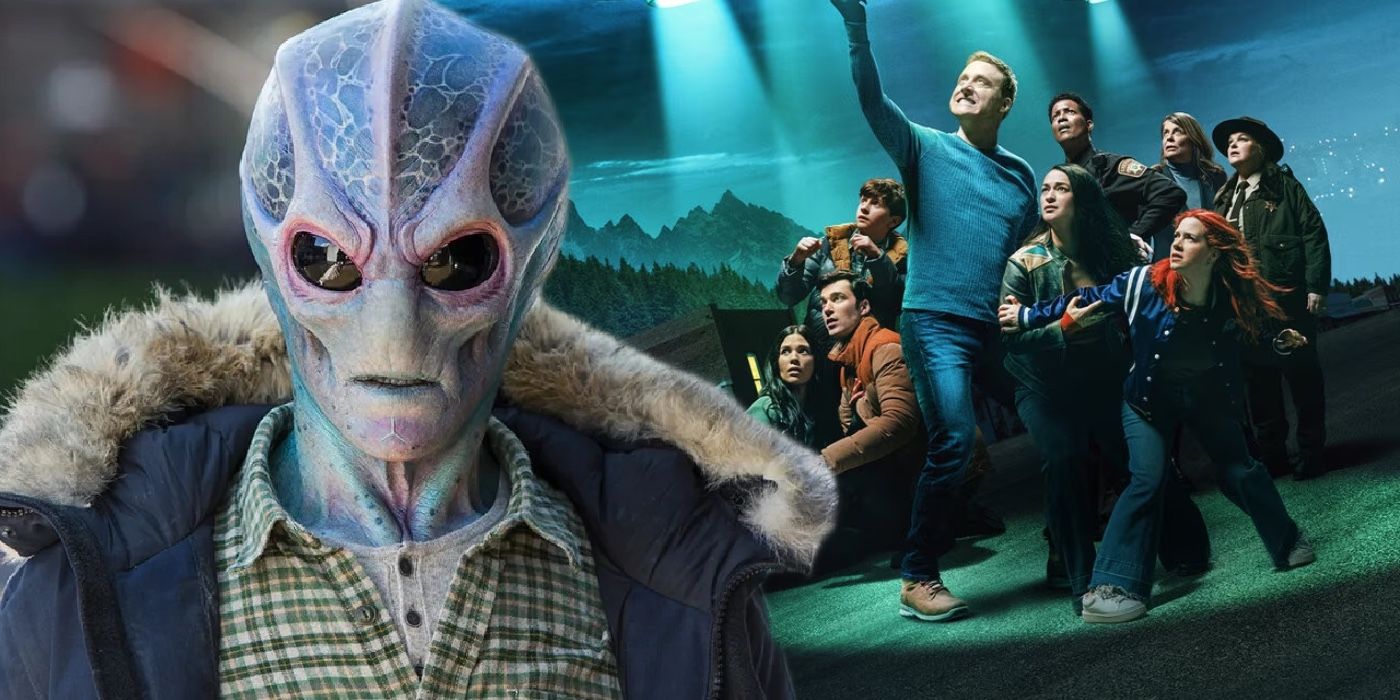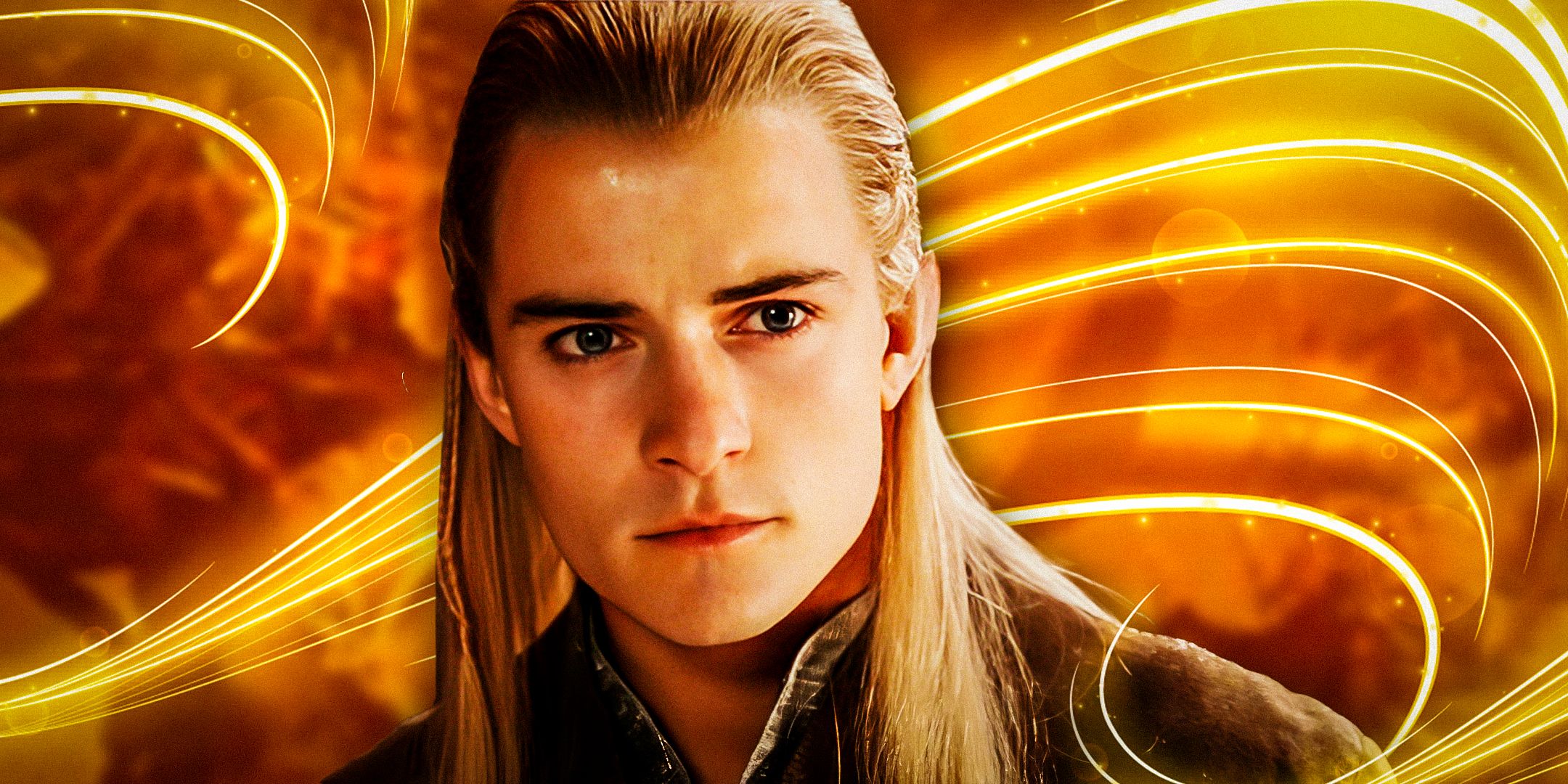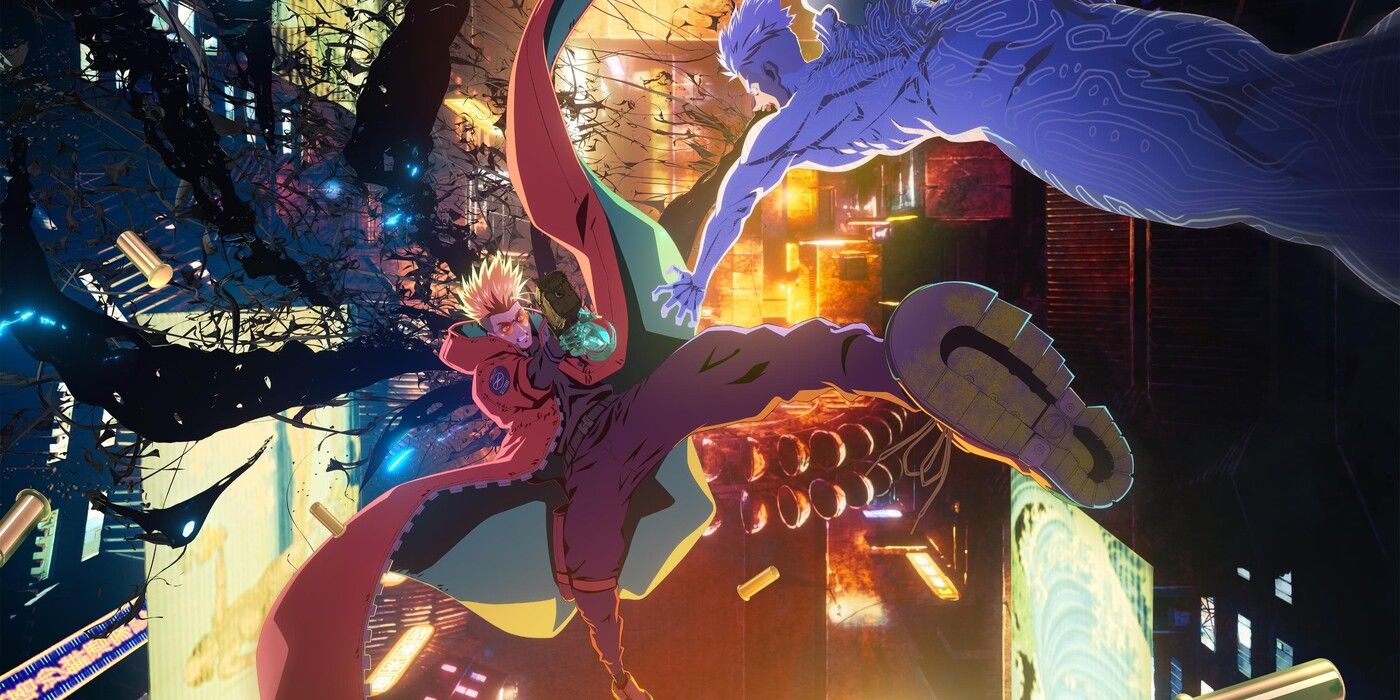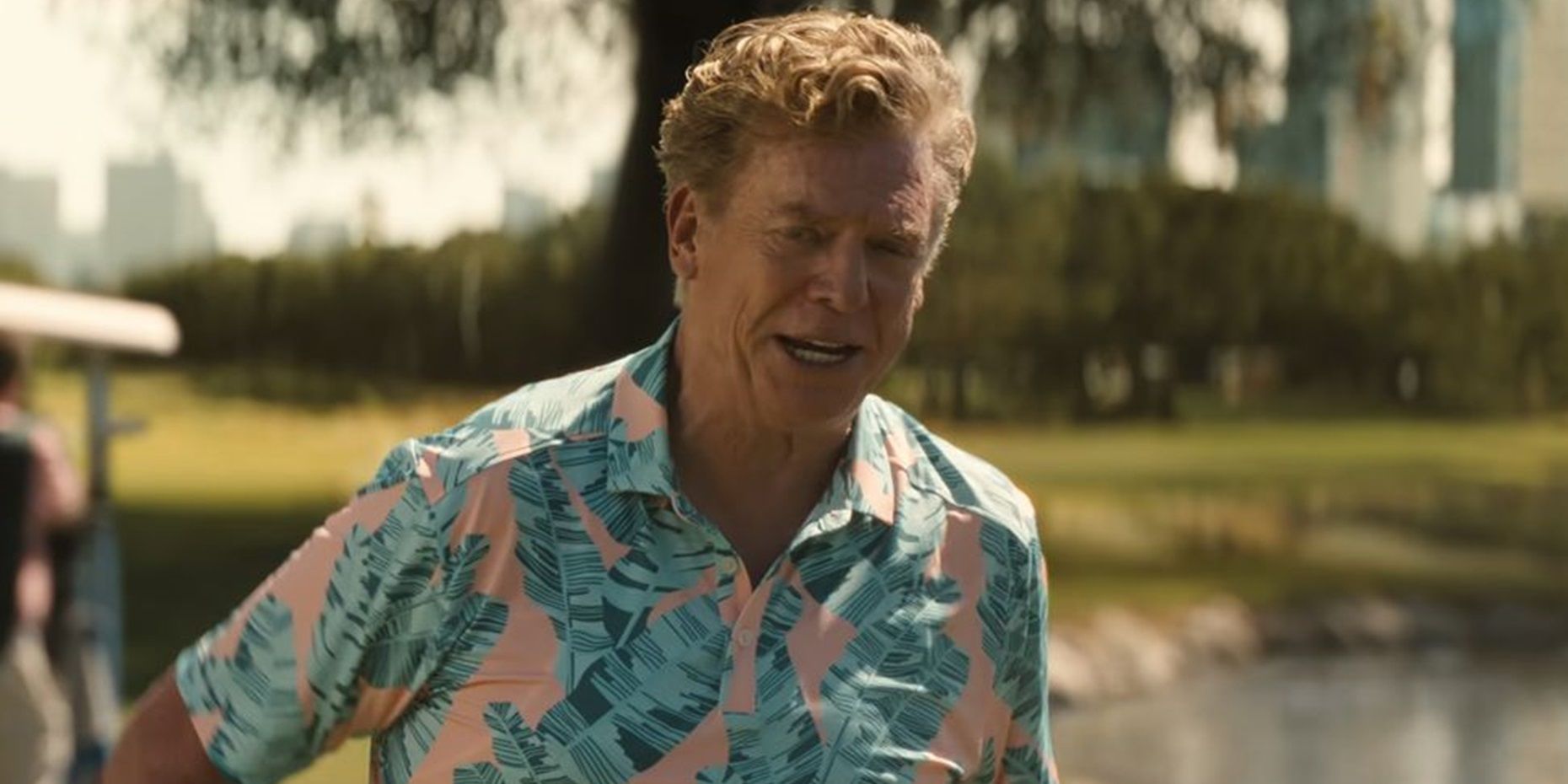Director Mike Flanagan explains why his work no longer has bleak endings. Flanagan has been a notable horror director for several years now, with some of his notable work including The Haunting of Hill House, Oculus, Hush, Before I Wake, and Doctor Sleep. After directing the successful series The Fall of the House of Usher last year, Flanagan’s next major project is directing The Life of Chuck, which will come out later this year. The film is an adaptation of a Stephen King story, and features a leading cast including Tom Hiddleston, Karen Gillan, David Dastmalchian, and Jacob Tremblay.
Speaking on the Sackhoff Show podcast, Flanagan explains an important pivot in his work in recent years. Flanagan explained that in his early career, a lot of his work “had really bleak endings,” but then “pivots right after that.”
The interviewer asked whether Flanagan could chalk that up to his marriage with his wife, Kate, to which he responded that it was a combination of her perspective and becoming a father that changed the way the director approached storytelling. His work now aims to create “hope and forgiveness and empathy at the end,” as Flanagan details below:
Flanagan: A lot the stuff that I was writing had really bleak endings. And really hopeless endings. It pivots right after that, and everything I’ve done since then hasn’t had that.
Interviewer: Is that because of Kate? [Flanagan’s wife]
Flanagan: I think in a lot of ways it is, and it’s because of family. When Kate and I got together, my outlook changed a lot. And as we had kids of our own, and the kids started growing up, it started to become more important for me. Someday they’re going to interrogate our work, right, like someday we’re going to be gone, and if they want to revisit us in an interesting way, they have all this work they can look at. And I never wanted them to come revisit those things and be left on a note of hopelessness. And, so, it’s become incredibly important to me that no matter how dark a story gets, there’s always hope and forgiveness and empathy at the end.
What Does This Mean for The Life of Chuck?
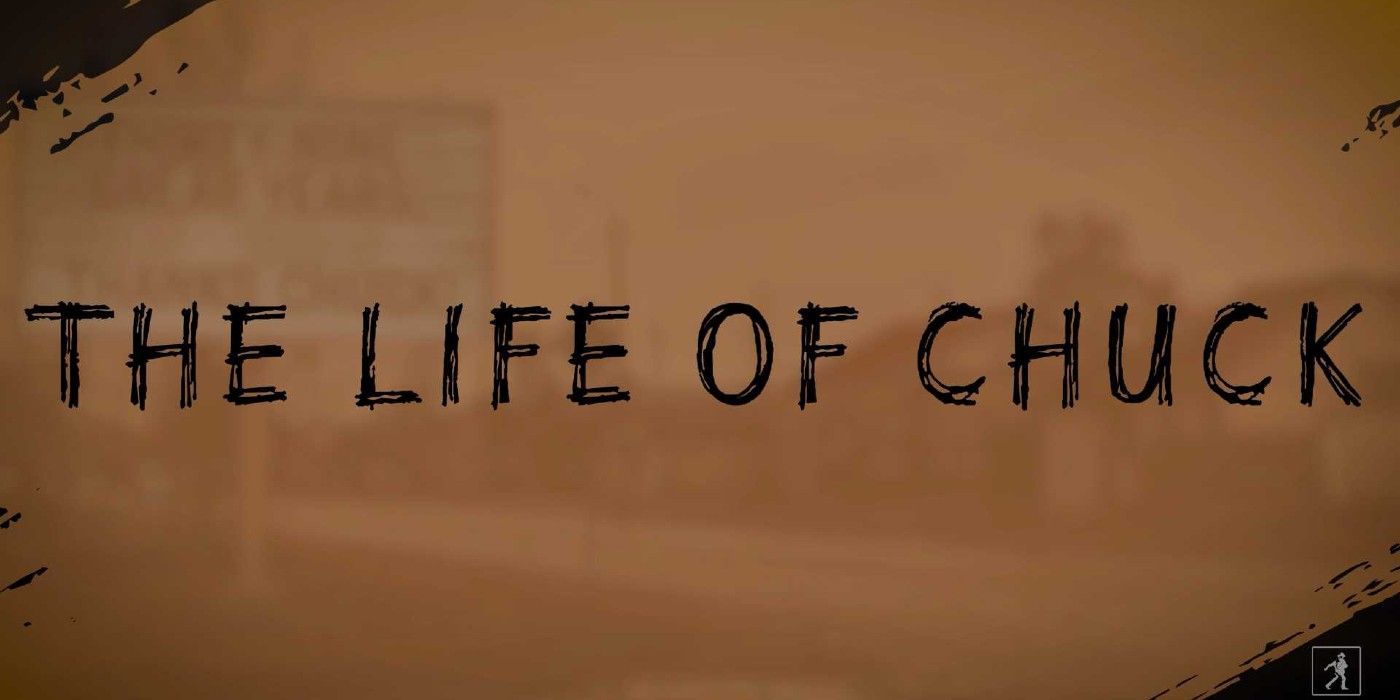
Given the genre in which Flanagan works, it is fascinating to hear the director talk in this way about his film endings. Flanagan works in the horror genre, so much of his work deals with grisly images and horrific psychological terror. Even so, tracing back his career, it is evident that more recent work is more forgiving towards its protagonists than early Flanagan, such as Absentia and Oculus, making his career shift highly legible over the course of time.
It is particularly interesting to hear Flanagan’s analysis ahead of his next film, The Life of Chuck. Overall, Life of Chuck is not exactly a light story in concept, as it begins when protagonist Charles Krantz is dying at the age of 39. Starting in Chuck’s fading mind, the entire conceit of Life of Chuck is inherently dark, but Flanagan’s recent quote suggests that the director will take an optimistic perspective.
Flanagan’s career pivot helps explain why the director is taking on a project like The Life of Chuck in the first place. As Flanagan has been clear to point out, The Life of Chuck is not a horror film, representing a pivot away from Flanagan’s usual genre preferences. In the context of his recent interview, stepping outside his comfort zone in this way aligns with the director’s ongoing career goals. This shift will make The Life of Chuck fascinating tonally and potentially lay a backdrop for additionally interesting project choices by Flanagan in the coming years.
Source: Sackhoff Show Podcast / Instagram
